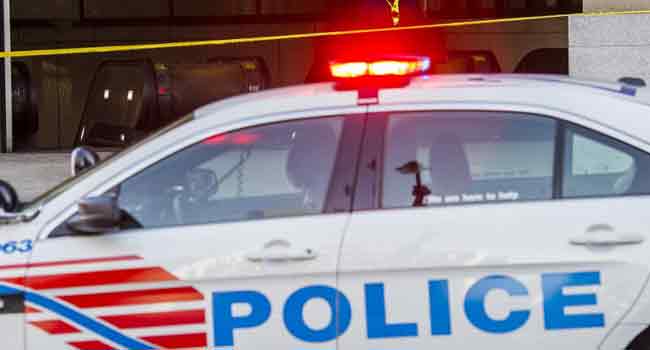
The fog of marijuana smoke thinly veiled women in thongs, the music pounding — a Washington party that lost all inhibitions before evolving into a legal battle that endured a decade.
But on Monday the US Supreme Court finally laid the issue to rest, ruling in favour of police who arrested attendees at a debaucherous party held in a vacant residence without the owner’s permission.
The police intervention, which stemmed from a routine late-night noise complaint in March 2008, evolved into a case with weighty legal implications concerning the Fourth Amendment, which protects citizens from unreasonable searches, seizures and arrests.
Seven of nine judges on the nation’s highest bench signed the judgment, with two agreeing to the decision but voicing some reservations.
It was 1:00 am in the morning when officers Andre Parker and Anthony Campanale responded to a call from neighbour overwhelmed by the night of vice.
The cops first attempted to identify the party’s host — a task that proved challenging when the revellers scattered.
After a late-night game of hide-and-seek, the officers rounded up 21 people, including a man who had taken refuge in a closet and several women wearing garters stuffed with cash.

Police can breathe easy
But none of them appeared to have organized the festivities — some said they had been invited to a birthday party, others a bachelor party.
By whom?
“Peaches,” the partygoers replied.
But the mysterious “Peaches” was nowhere to be found.
Reached on her cell phone, Peaches was reticent with police, refused to return to the house and finally hung up — but not before admitting that the party occurred without permission of the space’s owner.
The Washington police officers were joined by their supervisor, who ordered the arrest of all the participants for violation of property, no small offence in the United States.
The charges were dropped, but 16 of the party’s attendees sued, alleging they were unaware they had illegally entered private property and challenging the police to prove otherwise.
The cops found themselves sentenced to pay $1 million damages to the partiers — a punishment cancelled Monday.
Finally, after ten years of legal wrangling, the Supreme Court decided that “a reasonable officer, looking at the entire legal landscape at the time of the arrests, could have interpreted the law as permitting arrests here.”
And the US Department of Justice and the city of Washington can breathe easy: authorities had feared a decision in favour of the party-goers would trigger “a dissuasive effect” on American policing.
AFP
